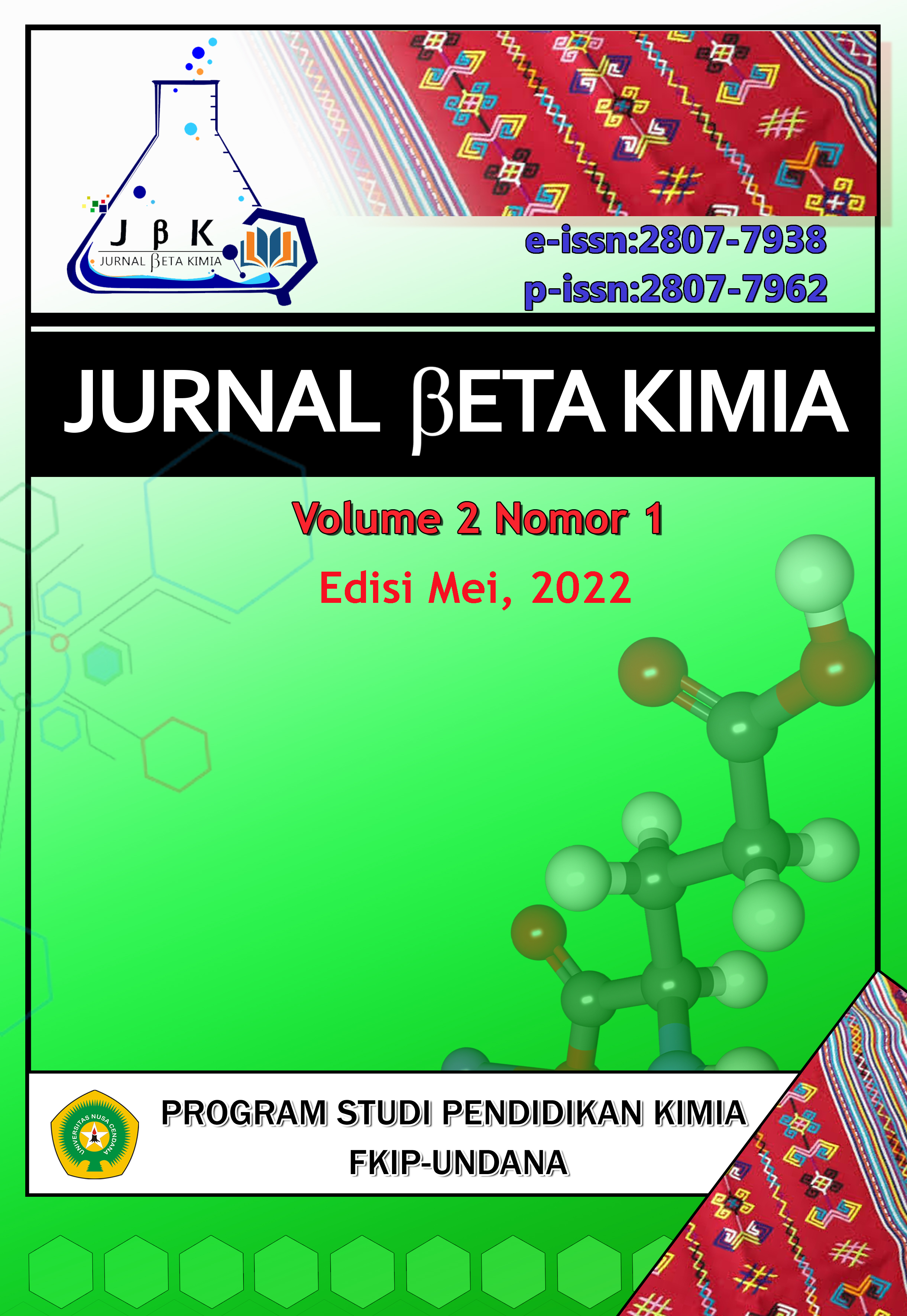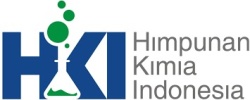Implementasi Penuntun Praktikum IBM untuk Meningkatkan Hasil Belajar Kimia Siswa pada Materi Kimia Larutan
Abstract
Learning innovations through interactive practical guide is expected to improve the quality of education and human resources that can keep abreast of technology. The objective of this research was to know the difference between the students cognitive learning outcomes of students that learned to use IBM (Interactive Based Multimedia) practical guide compared with the students that learned to use practical guide in school and to determine the percentage of increase learning outcomes. The population in this research is all of eleventh grade students of SMAN 5 Medan. Samples were taken by purposive sampling. This research was conducted by using experimental with randomized control group pretest-posttest design. The results show that the implementation of IBM practical guide provided the cognitive learning was higher to students that learned to use IBM practical guide compared than results of students that learned to use practical guide in school. The percentage of increase learning outcomes to students that learned to use IBM practical guide was 74% with the high category, while the students that learned to use practical guide in school was 65 % with the medium category. Teachers are expected to be able to use IBM practical guide to improve students learning outcomes in chemical solution topic, at once improve the quality of education and human resources.
Downloads
 This work is licensed under a Creative Commons Attribution-ShareAlike 4.0 International License. Copyright is retained by the authors, and articles can be freely used and distributed by others.
This work is licensed under a Creative Commons Attribution-ShareAlike 4.0 International License. Copyright is retained by the authors, and articles can be freely used and distributed by others.

 Heru Christianto(1*)
Heru Christianto(1*)












